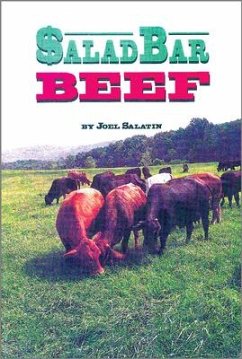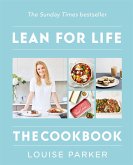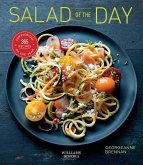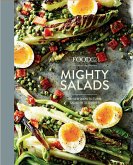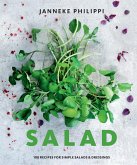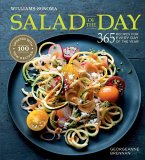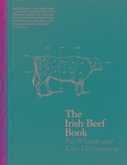In a day when beef is assailed by many environmental organizations and lauded by fast-food chains, a new paradigm to bring reason to this confusion is in order. With farmers leaving the land in droves and plows poised to "reclaim" set-aside acres, it is time to offer an alternative that is both land and farmer friendly.Beyond that, the salad bar beef production model offers hope to rural communities, to struggling row-crop farmers, and to frustrated beef eaters who do not want to encourage desertification, air and water pollution, environmental degradation and inhumane animal treatment. Because this is a program weighted toward creativity, management, entrepreneurism and observation, it breathes fresh air into farm economics.

